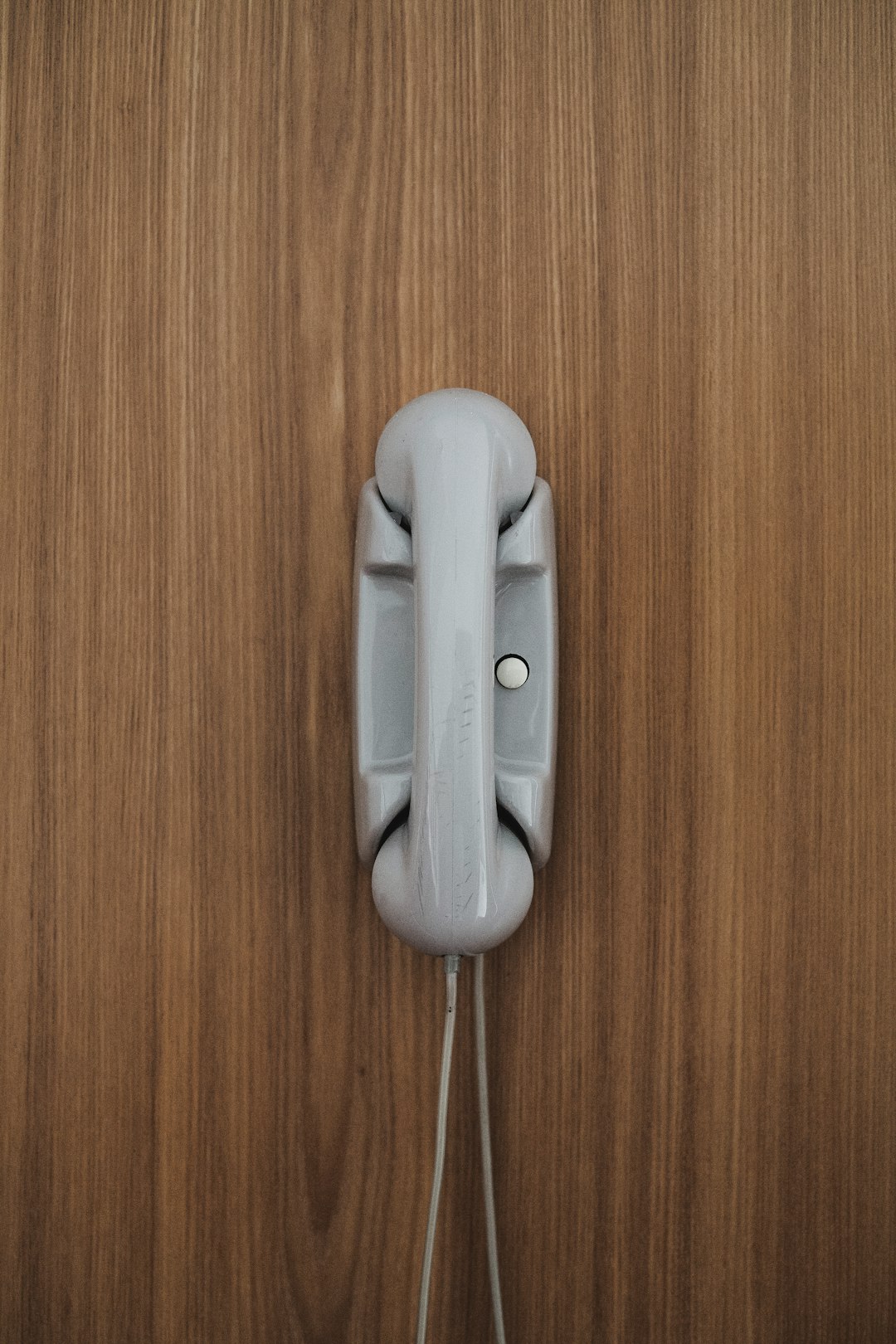Understanding Montana's debt collection laws is crucial before small claims court. Both debtors and collectors have rights and responsibilities. Hiring a lawyer specializing in Montana debt collector laws ensures compliance and simplifies the process. Small Claims Court handles debts up to $10,000. Debtors can dispute debts and request validation. Documenting interactions with debt collectors strengthens your case. Complex cases may require legal counsel to protect your rights and negotiate resolutions. Navigating court involves filing complaints, serving notice, gathering evidence, arguing at hearings, and potentially hiring a lawyer for debt collector laws in Montana for better outcomes.
In Montana, understanding the state’s debt collection laws is crucial for both debtors and creditors. This guide delves into the intricacies of Montana’s small claims court process, providing a roadmap for individuals facing debt collectors. From knowing your rights under the law to navigating the legal process, this article offers valuable insights. Learn when it’s wise to hire a lawyer specializing in Montana debt collector laws to protect your interests effectively.
Understanding Montana Debt Collection Laws

Understanding Montana Debt Collection Laws is crucial before navigating small claims court. In Montana, debt collection practices are regulated by state laws designed to protect consumers from unfair or abusive tactics. A lawyer for debt collector laws in Montana can help both debtors and collectors understand their rights and responsibilities under these regulations.
Key provisions include fair notice, transparency in communication, and the right to dispute debts. Debtors have the legal standing to challenge the validity of a debt, while collectors must provide accurate information and refrain from using intimidation or harassment. Engaging a qualified lawyer specializing in Montana debt collection laws ensures compliance with these rules, facilitating a smoother process for both parties involved.
Small Claims Court: A Guide for Debtors

Small Claims Court offers a straightforward process for individuals dealing with small debts, including those targeted by debt collectors in Montana. This court handles claims up to $10,000, making it an accessible option for many. If you’re facing debt collection actions, understanding your rights and the legal framework is essential.
When confronted by a lawyer for a debt collector, knowing your state’s laws can empower you. In Montana, debtors have protections ensuring fair practices. You have the right to dispute the debt and request validation from the collector. Being prepared with documentation and keeping detailed records of all communications can significantly aid your case.
When to Hire a Lawyer for Debt Collectors

If you’re facing persistent or aggressive debt collection efforts in Montana, knowing when to hire a lawyer can be crucial. While many small claims court cases involving debt collectors can be navigated pro se (without representation), complex circumstances may necessitate professional legal assistance. A lawyer for a debt collector in Montana can help you understand your rights and navigate the legal system effectively.
Engaging a lawyer is especially important if you believe the debt collection practices are unfair, violate your rights, or involve substantial amounts of money. Legal counsel can protect your interests, ensure compliance with Montana’s debt collection laws, and potentially negotiate a more favorable resolution. They can also guide you through the small claims court process, ensuring your case is presented strongly and accurately.
Navigating Legal Process in Montana Courts

Navigating the legal process in Montana courts, especially regarding small claims debt collection cases, can be a complex task for those unfamiliar with the system. The first step is to understand that Montana has a straightforward small claims procedure designed to resolve disputes efficiently. Individuals or businesses seeking to collect debts should consider hiring a lawyer for debt collector laws in Montana to ensure they follow the correct procedures and present their case effectively.
The process typically begins by filing a complaint at the appropriate county court, serving the debtor with legal notice, and gathering evidence to support the claim. A hearing is then scheduled where both parties present their arguments. Having an experienced lawyer can be invaluable during this phase, as they can provide guidance on admissible evidence, help draft compelling arguments, and represent you in court, increasing your chances of a favorable outcome.






